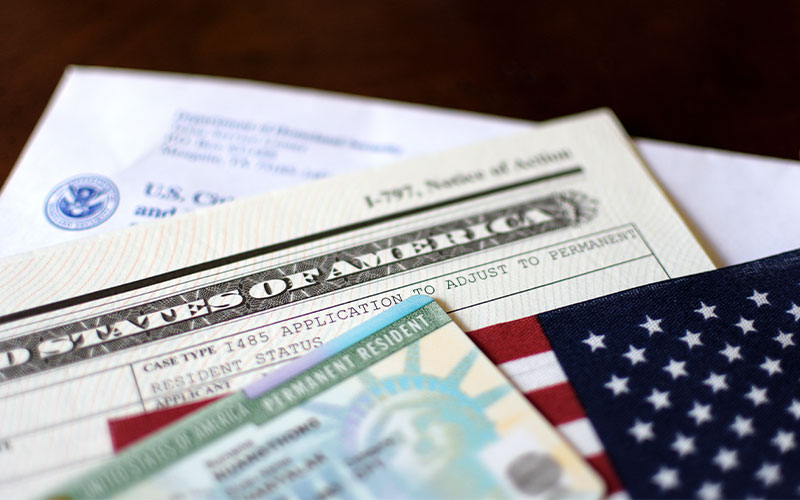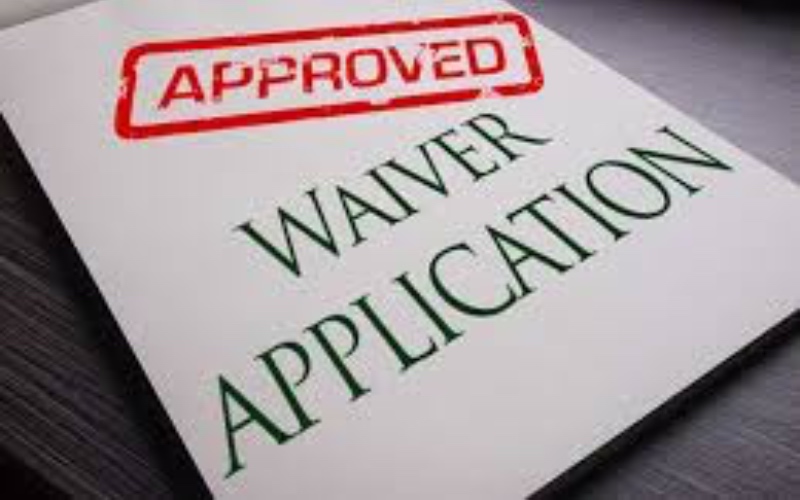Supplemental Proceedings in Spokane Washington Courts
Supplemental proceedings in Spokane Washington occur when a creditor obtains a judgment against a debtor, but cannot collect on the judgment because they do not know where the debtor has his/her assets (if any). They can elect to bring a supplemental proceeding.
The creditor often lacks information regarding employment, vehicles, savings, checking account information, etc. Therefore, they file and serve the supplemental proceeding on the pertinent court (Spokane County Superior or Spokane District court).
Typically, the creditor obtains a default judgment against the debtor. However, the creditor must have an enforceable judgment in order to bring this type of hearing. Once the creditor obtains a judgment, he/she may serve upon the debtor a notice to appear in court.
The debtor must not only appear in person (not by counsel), but he/she must bring with them important information about his/her financial condition. Often, creditors ask for taxes, bank accounts, vehicle titles, real estate information, employment information and records, and any other information the creditors believe will be helpful to the collection of the judgment.
If the debtor fails to appear at the hearing, the court will likely enter a bench warrant for the arrest of the debtor. The court may enter the warrant even if the debtor appears but fails to bring with him/her the documents requested by the creditor.
There is not much a debtor can do when served with supplemental proceedings. They cannot make the argument that they do not owe the money as the creditor has already shown that fact (either by default or other means).
The creditor or their representative will have to be on time at the hearing, and typically, the creditor will call the debtor’s name either inside the courtroom or outside. If the debtor is present, the creditor will inspect the paperwork to ensure the paperwork is correct and complete and will take copies of whatever the creditor believes he/she will need to collect on the judgment.
If the debtor is not present, the creditor will likely ask the judge to call the docket and page the debtor. The judge will likely instruct the clerk to go outside and call the debtor’s name. If no one answers the page, the judge will be ready to enter a finding that the debtor failed to appear. The judge should review the file to ensure that proper service of process was effectuated. If there are no legal deficiencies, the creditor may present the proper documents so the judge can issue the bench warrant.
The judge will also ask for a release condition (payment) that the debtor’s must fulfill in case of arrest. Typically, the payment amount will be the same amount of the judgment and will request that the payment be made into the court’s registry. The court could elect different conditions and amounts to be paid.
The creditor will also want to have the proper forms for the Sheriff’s department so they can have a description of the person they need to arrest.
In the event that a debtor does appear, the actual inspection of the documents will take place outside of the courtroom, usually in the hall, while the court continues its business. Once the creditor’s attorney is satisfied, he/she will tell the judge that the debtor is in compliance and no arrest warrant will be necessary.
Although a supplemental proceeding is a powerful tool, debtors could stop the proceeding by filing bankruptcy. Sometimes, the debtor cannot file for bankruptcy (cannot file due to statute limitations), so the creditor can still use this process to gain access to the information necessary to garnish their payment.
If you need representation in an adversary proceeding, please contact our office at (509) 927-3840. We can help you through the process to ensure the process is followed properly. We represent creditors and debtors in all Spokane County courts.


